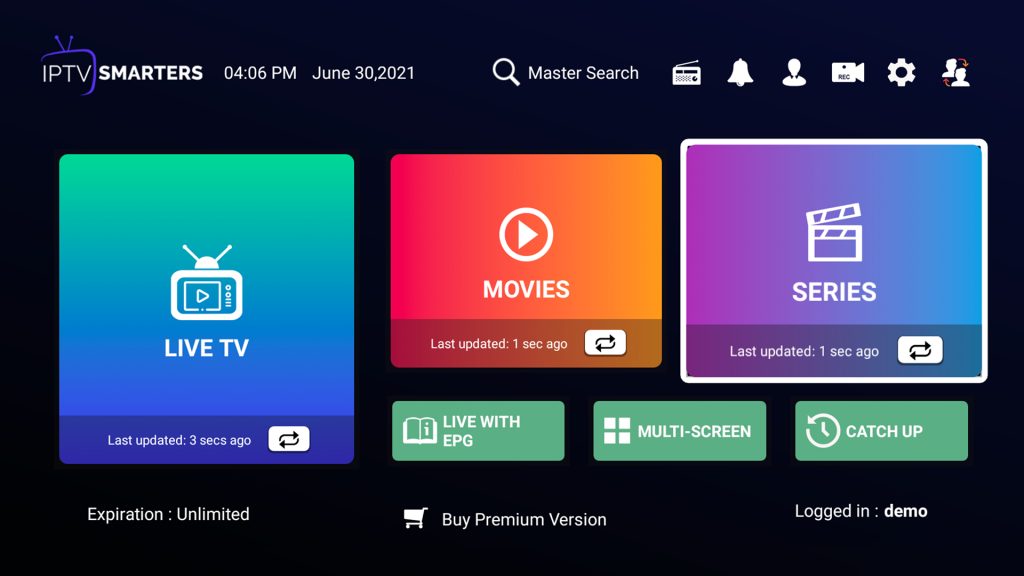Multiple Connections and Streaming Options
The world of IPTV (Internet Protocol Television) is rapidly evolving, with new technologies and features being introduced every day. One of the most significant developments in recent years has been the ability to support multiple connections, allowing users to stream content on multiple devices simultaneously. In this article, we will explore the future of IPTV, focusing on multiple connections and streaming options.
Multiple Connections and IPTV Subscription Plans
As the demand for IPTV services continues to grow, providers are increasingly offering subscription plans that allow multiple connections. Multiple connections have become an essential feature for many IPTV users, as they allow them to access their favorite content on multiple devices simultaneously, such as smartphones, tablets, laptops, and smart TVs.
In the past, IPTV providers used to offer plans that allowed only one connection. However, as the market has become more competitive, providers have begun to offer plans that allow multiple connections. These plans typically come in two varieties: fixed and flexible.
Fixed plans allow users to purchase a set number of connections, such as three or five. Flexible plans, on the other hand, allow users to purchase a plan with a set number of connections, and then add or remove connections as needed.
The availability of multiple connections has had a significant impact on the pricing of IPTV subscription plans. Providers now offer plans at different price points based on the number of connections allowed. Plans with a higher number of connections typically cost more than plans with fewer connections.
Multiple Connections and the Future of IPTV
As IPTV continues to grow, it is clear that multiple connections will play an increasingly important role in the future of the technology. With the rise of smart devices and the Internet of Things (IoT), users will expect to be able to access their favorite content on multiple devices seamlessly.
One potential development in the future of IPTV is the ability to switch seamlessly between devices. For example, a user may start watching a movie on their smartphone and then continue watching it on their smart TV without any interruption. This type of seamless integration will require significant investment in infrastructure and technology, but it is likely to be a feature that IPTV providers will work to implement.
Another potential development is the use of virtual reality (VR) and augmented reality (AR) in IPTV services. With the growth of VR and AR technologies, IPTV providers may look to create immersive experiences for users that go beyond traditional streaming options. For example, users may be able to watch sports events in VR, giving them the feeling of being at the game.
The Future of Streaming Options
In addition to multiple connections, the future of IPTV is likely to bring significant changes to streaming options. In particular, there are two significant developments to watch for: 4K streaming and cloud-based streaming.
4K streaming has been available for a few years, but it has yet to become widespread due to the limited availability of 4K content and the significant bandwidth required to support it. As 4K content becomes more widely available, IPTV providers are likely to offer more 4K streaming options to their customers.
Cloud-based streaming is also likely to become more prevalent in the future. With cloud-based streaming, users do not need to download content to their devices; instead, they can access it directly from the cloud. This type of streaming can offer significant benefits, such as faster load times and the ability to access content from anywhere.
Conclusion
The future of IPTV is exciting, with multiple connections and streaming options set to play a significant role. As the market continues to grow and evolve, IPTV providers will need to keep pace with changing consumer expectations and technology developments. The ability to offer seamless streaming experiences on multiple devices will be a crucial factor in the success of IPTV services in the future, and providers who can deliver on this promise will be well





